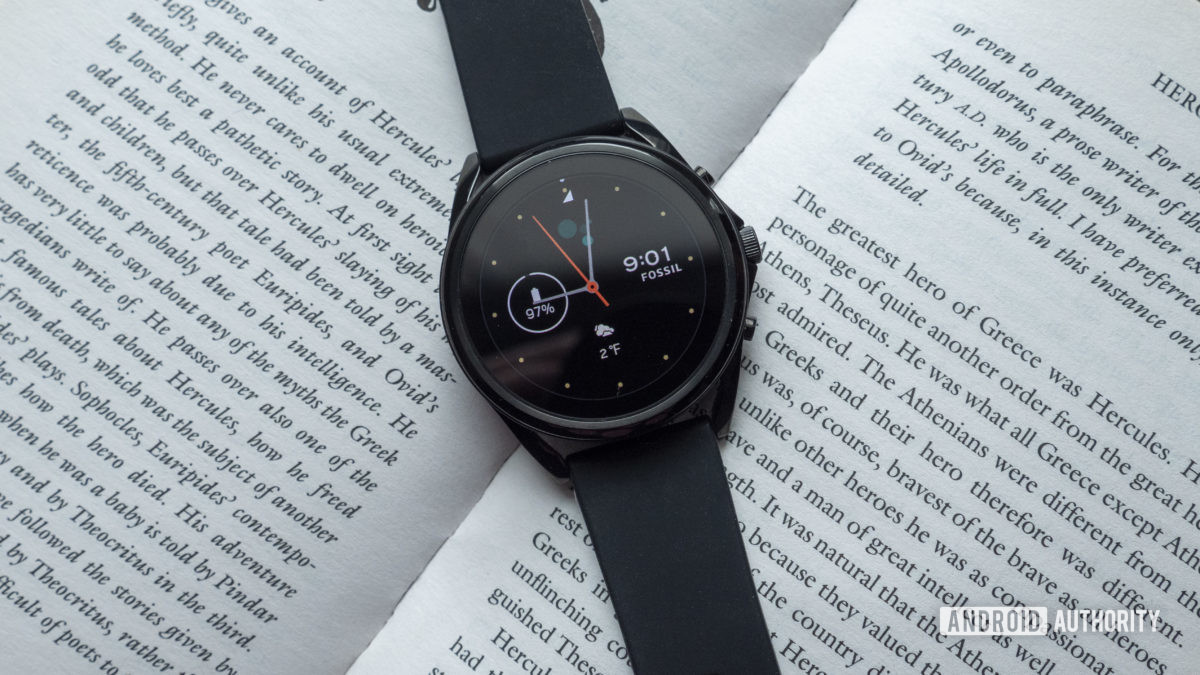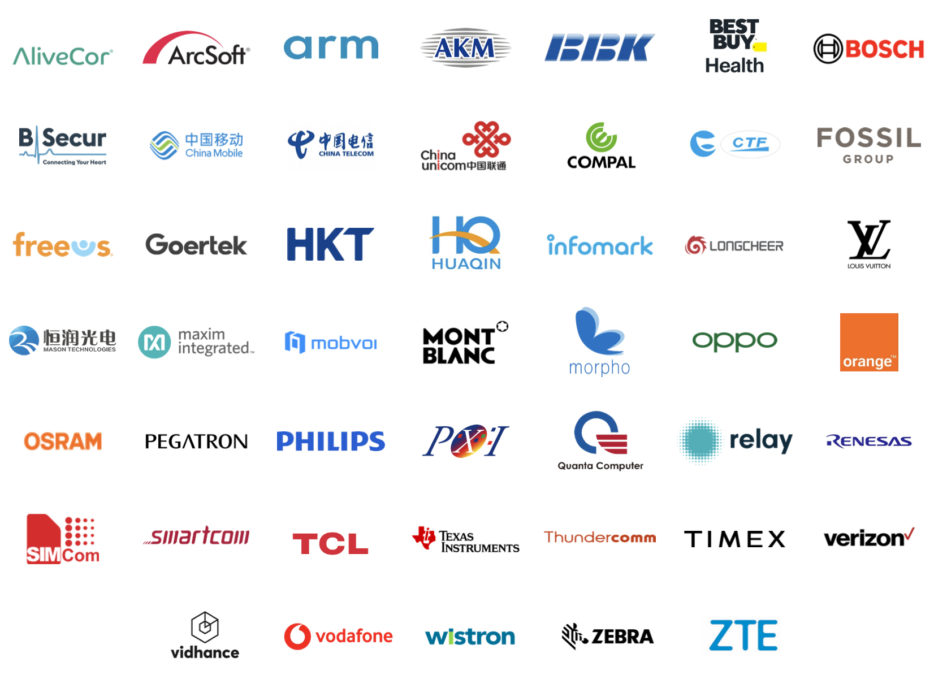
- Qualcomm’s Wearables Ecosystem Accelerator Program will help wearables companies learn about and collaborate on new products.
- The goal is to diminish common smartwatch industry pain points like slow production times and the high cost of adopting new technologies.
- Nearly 50 brands are already part of the program, including Mobvoi, Verizon, Fossil, BBK, and Arm.
Qualcomm’s latest Snapdragon Wear SoC is efficient and capable, but you might not know it — only two smartwatches have launched with the latest Qualcomm chip since its announcement over a year ago. Chipset adoption has been a consistent problem over the last few years, but Qualcomm is doing something about it. Today, it’s announcing its own Wearables Ecosystem Accelerator Program to help companies involved in the wearables space learn about and collaborate on new products.
The accelerator program is comprised of smartwatch OEMs and ODMs, ISPs, independent hardware and software devs (IHVs and ISVs), and system integrators. Nearly 50 brands are already part of the program, including notable members such as Arm, BBK, Fossil, Mobvoi, Oppo, TCL, Timex, Verizon, and ZTE.

Qualcomm’s goal with the program is to “facilitate collaboration” amongst members and accelerate problem-solving. In other words, companies involved in the smartwatch space will be able to talk with each other regularly and help each other solve unique problems. It’s a way to get everyone in the room at the same time to make everything move more quickly.
Also read: The best Wear OS watches you can buy from Fossil, Mobvoi, and more
Companies involved can hold training sessions on new technologies, demonstrate concepts, share new technology and production directions, and discuss industry trends. Hopefully, some of the most prevalent issues plaguing the smartwatch space — slow production times and high costs of adopting new technologies — will be diminished as a result of this program.
Qualcomm plans to kick off the program at the Wearables Ecosystem Summit this Fall.
Qualcomm doesn’t just develop chipsets for Wear OS — it has its hands in many other segments like smartwatches for kids and teenagers, wearables for seniors, and pet trackers. The company has shipped over 40 million units over the last five years, and there’s no doubt that the wearables market is growing rapidly. Now is as good a time as any for the company to help take things to the next level.